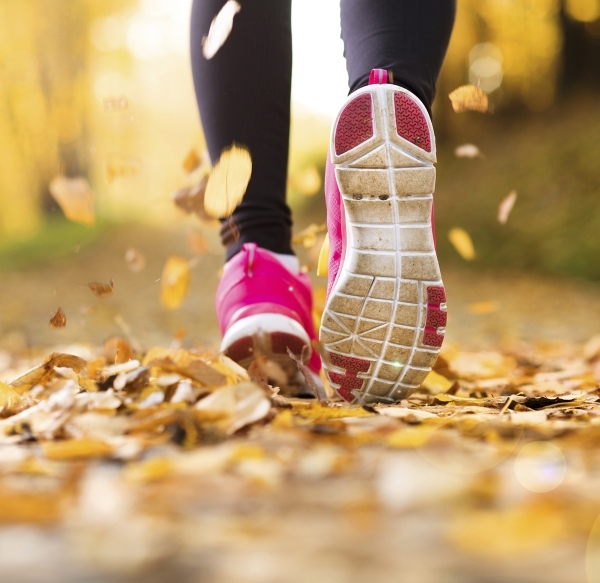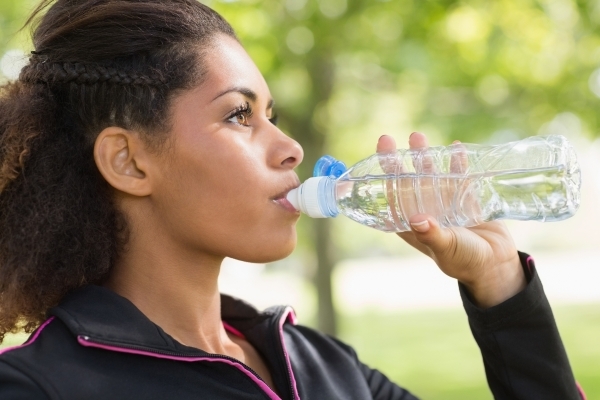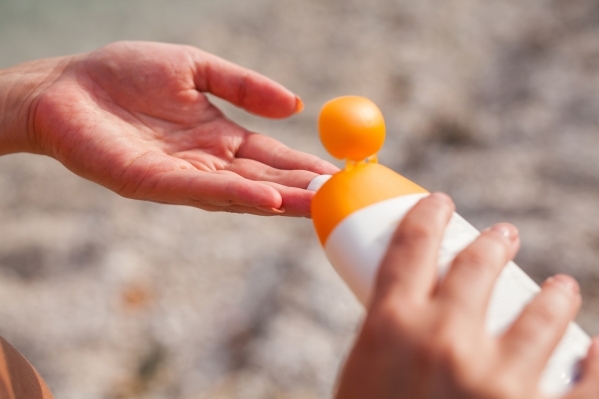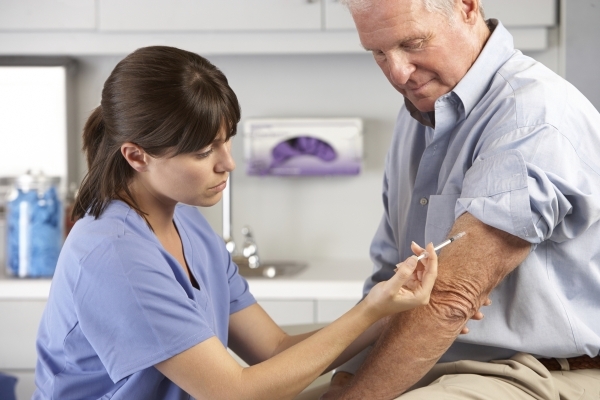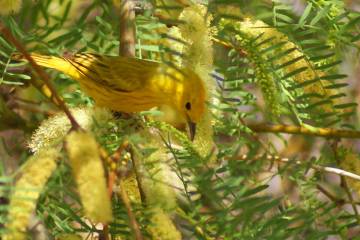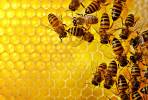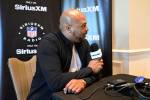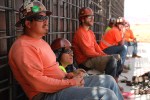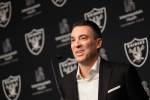Seasons change, health habits shouldn’t
Call it autumnal amnesia, that odd tendency Southern Nevadans have to forget to follow after Labor Day all of the healthy practices we so tenaciously followed during the summer.
Drinking plenty of water. Slathering on the sunscreen. Not overexerting ourselves to ridiculous degrees when we're enjoying outdoor activities.
Check, check and check, from Memorial Day through Labor Day.
But now? Um ...
However, following good health practices is vital when the temperature cools, too. Here are a few things to keep in mind as fall continues on toward winter.
Staying hydrated
Many of us consider these "the perfect months" in Las Vegas, notes Dr. Matthew Carlson, assistant director of the family medicine residency program at Valley Hospital and Medical Center and assistant professor at Touro University Nevada College of Osteopathic Medicine.
But because the weather now is becoming so temperate, he says, "people forget about making sure we get an adequate fluid intake."
"We should always stay hydrated throughout the year," says Dr. Shivesh Kumar, chief hospitalist at Spring Valley Hospital, but "we say, when it's cooler outside, 'I don't feel hot, I'm not sweating, so why do I need to drink more water or fluids?' "
The answer is that we're always experiencing what's called "insensible fluid loss, which is water literally evaporating outside of the mouth as we speak," Kumar says. "Certainly, we can lose water through the skin without a lot of sweating even though it's cooler outside. And we have a balmier winter than other places, so there are ways we lose water and fluids and get dehydrated."
"So the best thing I can recommend is for people to keep a bottle of water with you at all times," he says.
Remember, Carlson adds, that "by the time you have a perception of thirst, you're already actually dehydrated. That's why if you wait until you have the sensation of thirst, you're on the far side of the curve."
The minimum daily intake of water and fluids should be about 10 glasses a day. For those who can't imagine drinking so much water, make a tasty infusion or two, keep them in the fridge, and sip throughout the day.
"Take a jug of water and cut up an apple in it, or throw some cucumber in there, or some mint, and basically what you have is, you get the flavors without the calories," Carlson says. "I've even had people use a cinnamon stick or put rosemary in there to give it flavor without added calories."
Note, too, that the eight-to-10-cup recommendation is a minimum, Carlson adds. "That does not account for if you're working outside, doing gardening, or playing sports or walking a lot."
Protecting your skin
We all know by now the danger of leaving skin exposed to the sun's harmful ultraviolet B (UVB) rays during the summer.
But, when fall arrives, "because temperatures are not as high, we think we're not getting the same exposure to UVB," Carlson says. In reality, the greater cloud cover typically seen during the fall "can actually put us at higher risk."
UVB rays are "harmful to the outer layer of skin," Kumar says. "That's where you get your tan. That's what people want to go to the tanning salon or the beach for. But what you see in a normal suntan is active genetic damage in the outer layer of skin where melanin resides.
"So this happens the same in winter as in summer. You just don't feel the burn, as we say, because it's not as hot outside and the sun is a greater distance from us than in summer. So people don't feel the burning, but it's certainly the same UVB rays."
So, just as you would during the summer, minimize midday sun exposure, wear protective clothing and apply sunscreen when going outside.
And don't be stingy with the sunscreen. "Most people don't put enough on," Carlson says, so figure on a shot glass's worth for the body and be sure to reapply it every two hours or so.
Resuming outdoor activities
Carlson has noticed that some Southern Nevadans tend to reduce outdoor activity during the summer, resuming only when fall's more comfortable climes arrive.
Around this time of year, "you see a lot more people go out and do 5Ks or engage in fun activity outdoors," he says.
"The problem with that is a lot of people do the weekend warrior-type thing. They try to return to the same level they were at (in the spring) and haven't been doing anything over the summer, and that increases the likelihood of having a sports injury. Then, if they have a sports injury, they don't return to the activity and it kind of feeds on itself.
"So if you're returning to an activity, the 10 percent rule is a good idea, where you increase your activity level by 10 percent each (week)."
Flu shots, good hygiene
Fall also means the arrival of flu season, so get a flu shot. That's particularly important, Kumar says, for the young, the old and those with chronic health problems or compromised immune systems.
Kumar also recommends that everyone older than 65 receive a pneumococcal vaccination and that children younger than 2 receive the pneumococcal vaccine for kids.
In the meantime, follow proper hygiene practices to help minimize the spread of colds and flu.
"This seems to be common sense, but people don't realize that when you do cough or sneeze, you're expelling a bit of fluid out into the air, and it can affect someone else," Kumar says.
So cough or sneeze "into your shirt or the crook of your elbow, not into your hands," he says.
Wash your hands frequently. The important thing, Carlson says, is "the physical action, getting your hands wet, lathering them up with soap and scrubbing for about 20 seconds.
"Go twice through the 'Happy Birthday' song, and scrub and lather and rinse your hands. Get under the fingernails and between the fingers. If you can't wash your hands, you can use the sanitizers, but, remember, the sanitizer doesn't get rid of everything."
Contact reporter John Przybys at jprzybys@reviewjournal.com or 702-383-0280 or follow @JJPrzybys on Twitter.



